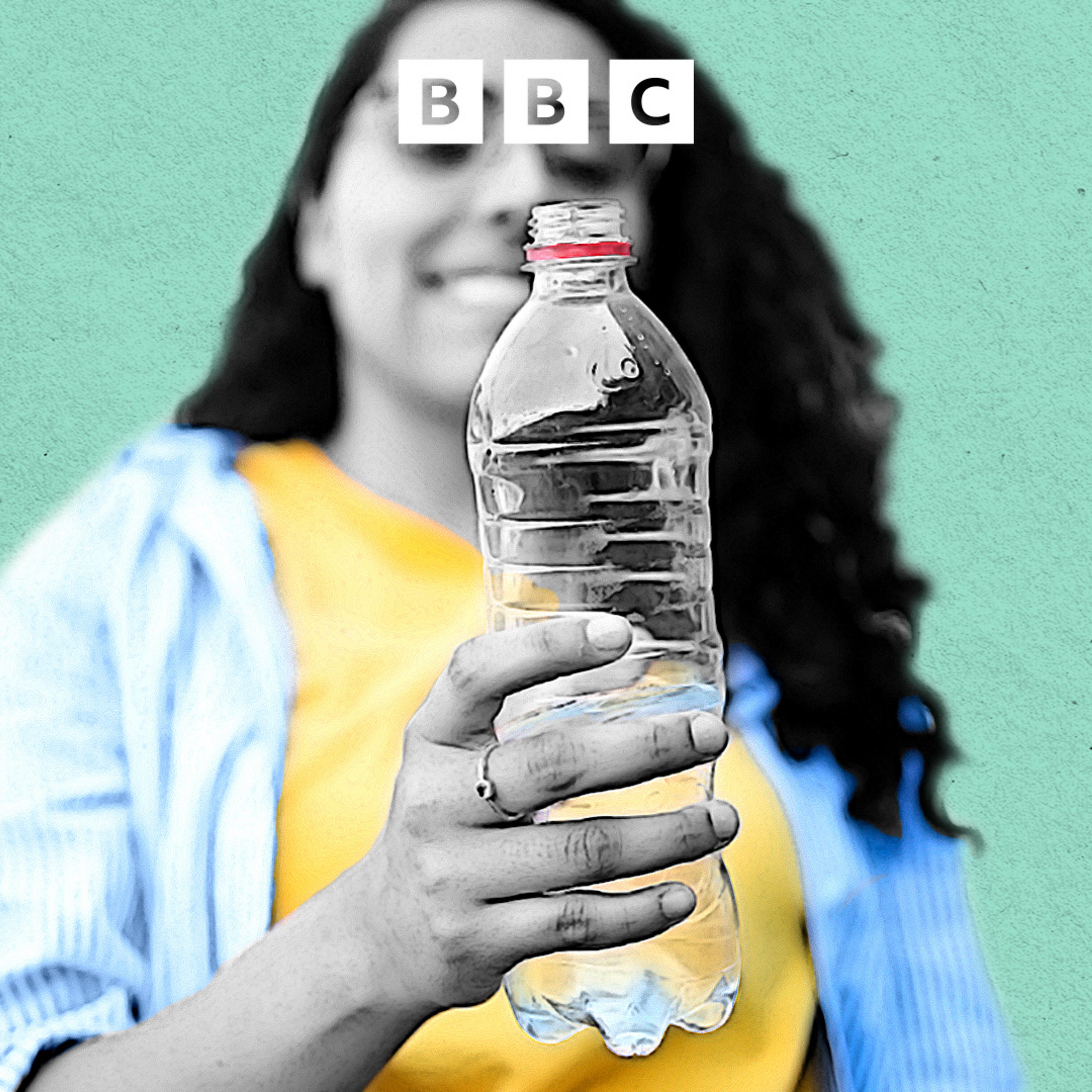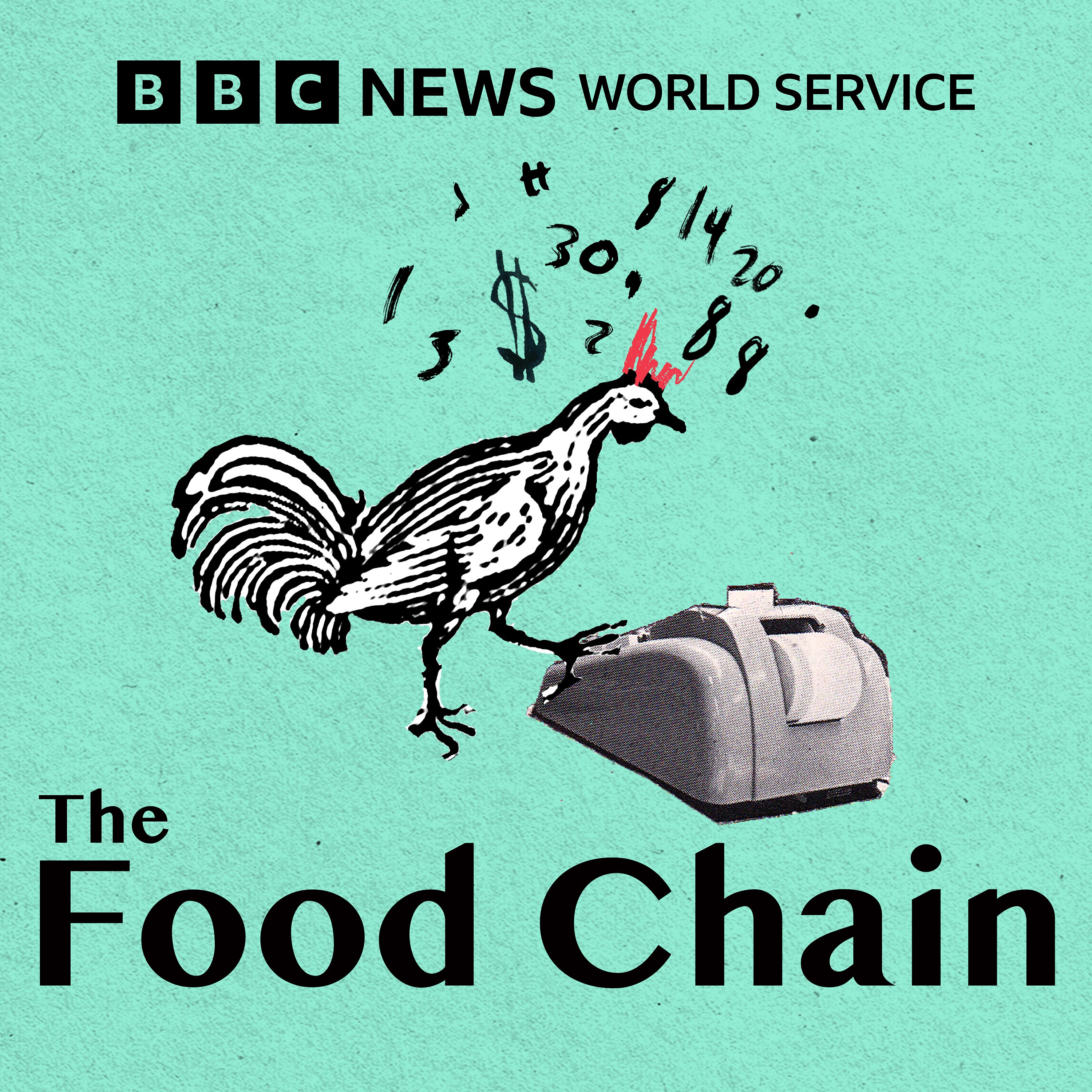
Deep Dive
Why is hydration important for the human body?
Hydration is crucial because our bodies are about 70% water, which is essential for cellular functions, organ function, and maintaining blood volume. Water also facilitates various metabolic reactions and helps regulate body temperature.
What happens if we don't drink enough water?
Dehydration can lead to impaired cognitive function, headaches, fatigue, and even confusion. It can also affect decision-making and physical performance, potentially reducing an athlete's speed by up to 4%.
How much water does the average person need daily?
The average male between 20 and 60 years old requires about 1.8 liters per day, while females in the same age group need around 1.5 to 1.6 liters. This decreases with age, with those over 85 needing only about a liter daily.
What factors influence individual water needs?
Factors include body size, age, sex, environmental conditions (like temperature and humidity), and physical activity. Larger individuals and those in hotter climates require more water.
Can drinking too much water be harmful?
Yes, excessive water intake can lead to hyponatremia, where the blood becomes diluted, causing low sodium levels. This can result in brain swelling and, in severe cases, be fatal.
How do different beverages affect hydration?
Beverages like milk and those containing electrolytes (sodium, potassium) are better at maintaining hydration due to their ability to retain water longer. Decaf coffee and tea are as hydrating as water, while sugary drinks can also help but are less ideal due to their sugar content.
What are some tips for increasing water intake?
Using smaller water bottles can motivate refilling, drinking from a cup at set intervals, and consuming salty snacks to trigger thirst are effective strategies. Broths and fruits can also contribute to hydration.
How can you tell if you're dehydrated?
Signs include dark-colored urine (like apple juice), feeling thirsty, and urinating less than five to seven times a day. Pale, lemonade-colored urine indicates proper hydration.
Why do government recommendations for water intake often overestimate needs?
Government guidelines often suggest 2 liters per day, but studies show this is slightly high for most people. The actual need is closer to 1.5 to 1.8 liters for adults, depending on factors like age and body size.
What role does food play in hydration?
Food contributes about 55-60% of daily water intake. For instance, metabolizing carbohydrates produces water, and fruits and vegetables are rich in water content, helping maintain hydration.
Shownotes Transcript
Do you know how much you should drink?
Many global guidelines recommend approximately 2 litres a day for women and 2.5 litres a day for men, including food.
But scientists say there is actually huge variation in how much each of us need as individuals.
Ruth Alexander speaks to Professor John Speakman at the University of Aberdeen in Scotland, who explains why your age, sex, weight, and other environmental factors such as air temperature, humidity and altitude all make a difference.
Dr Nidia Rodriguez-Sanchez, senior lecturer at the University of Stirling in Scotland, explains why our bodies need water and what happens if we drink too little, or too much.
That happened to Johanna Perry in the UK, she tells Ruth what happened when she drank too much water whilst running the London Marathon in 2018.
Presented by Ruth Alexander.
Produced by Beatrice Pickup.
(Image: a woman holding a plastic bottle of water. Credit: Getty Images/ BBC)
